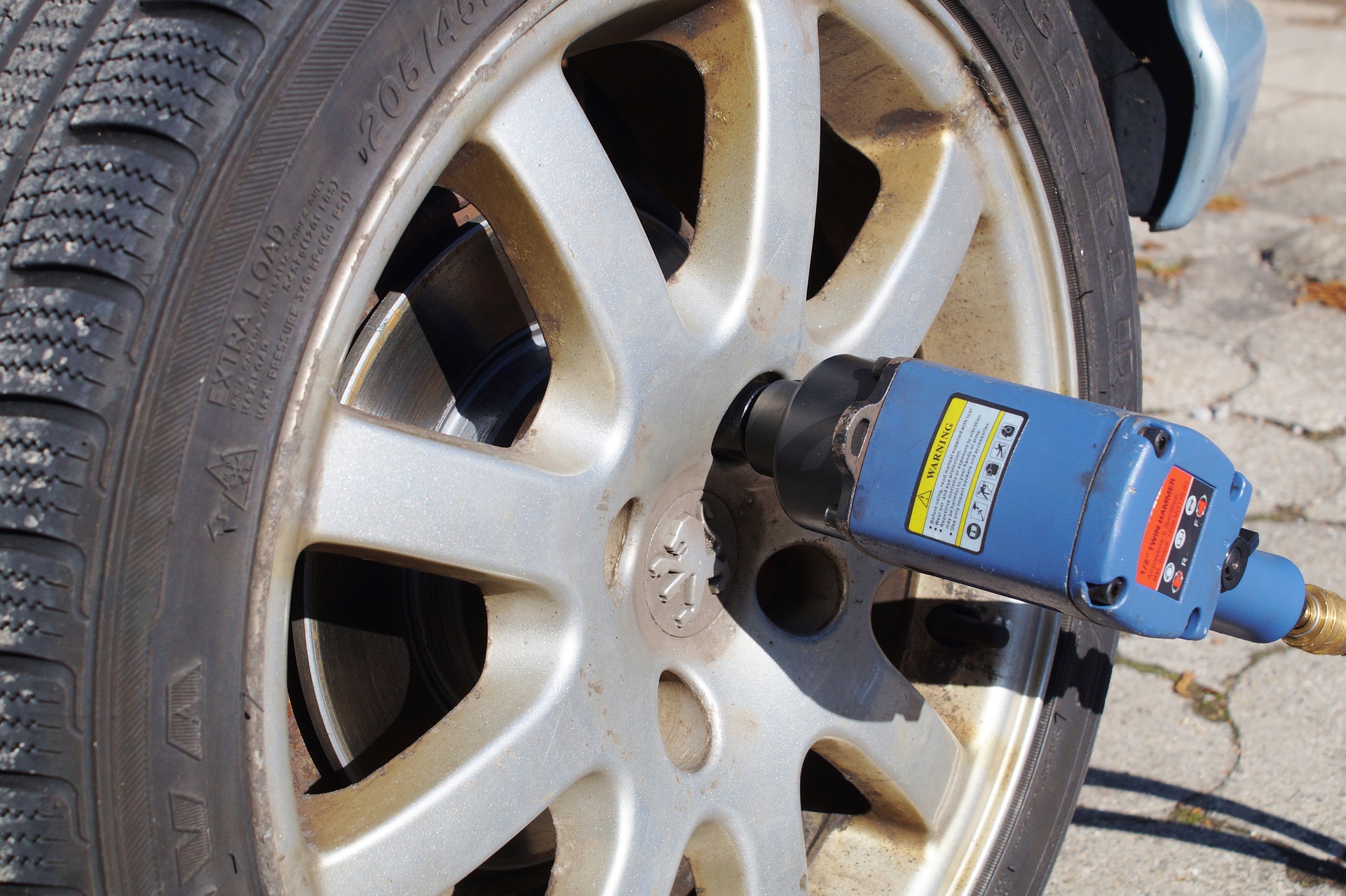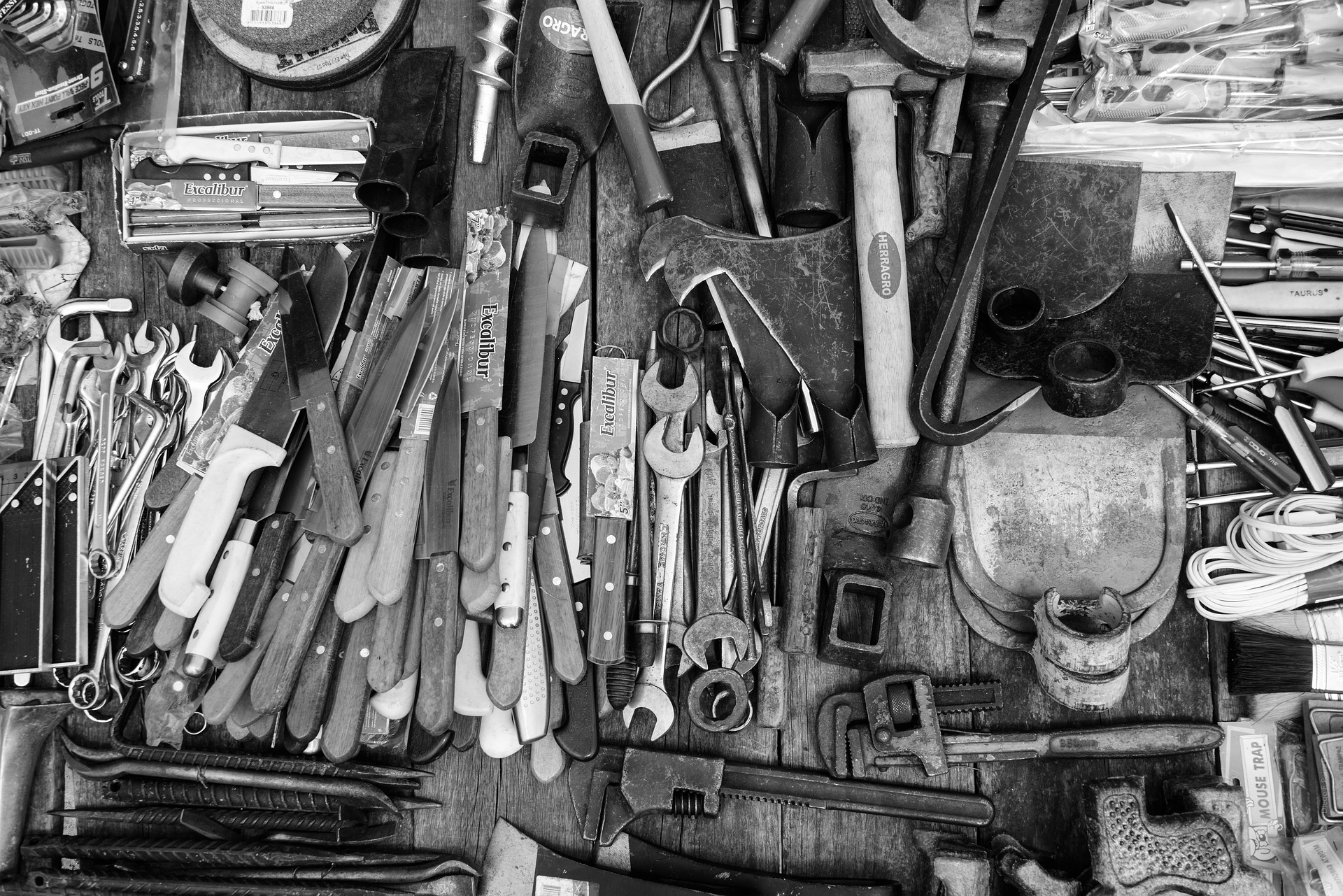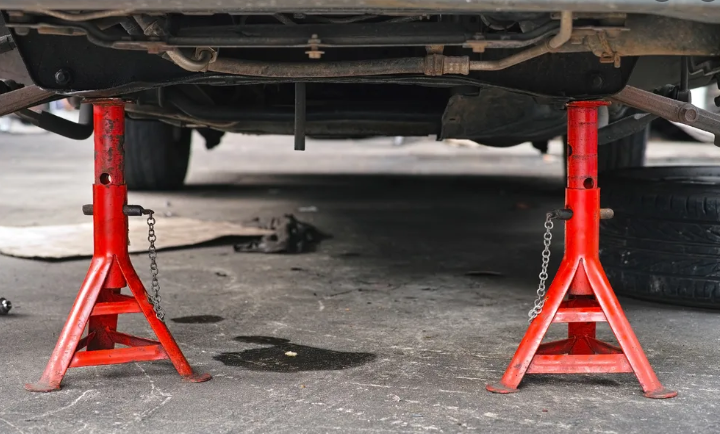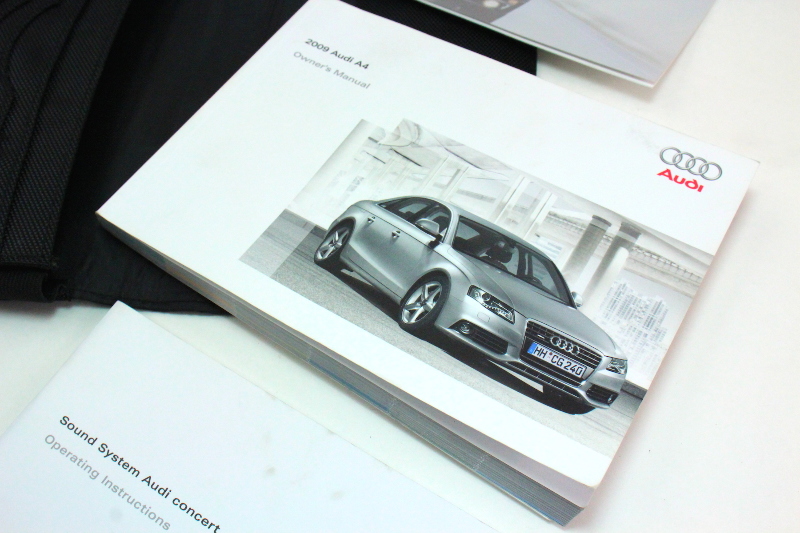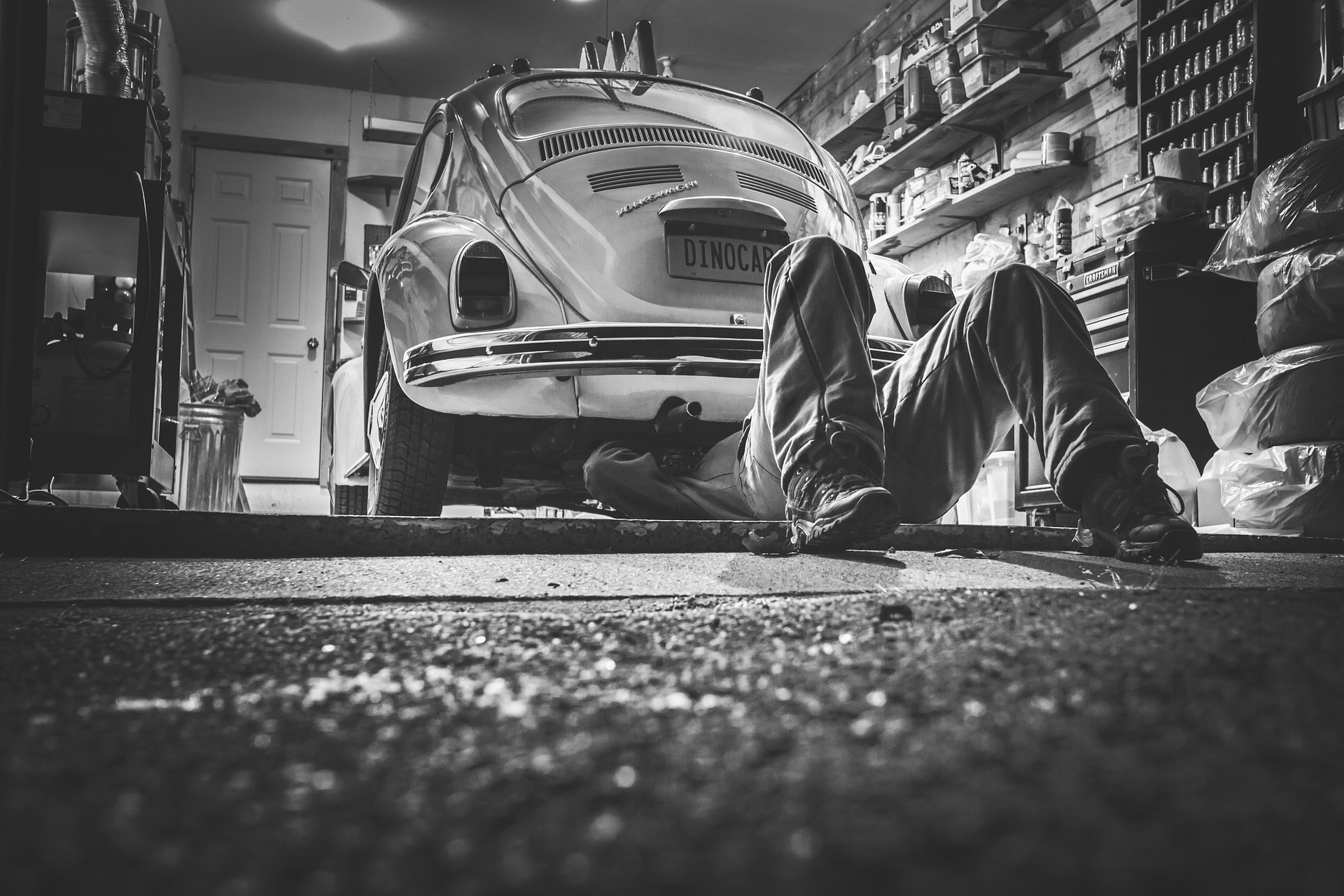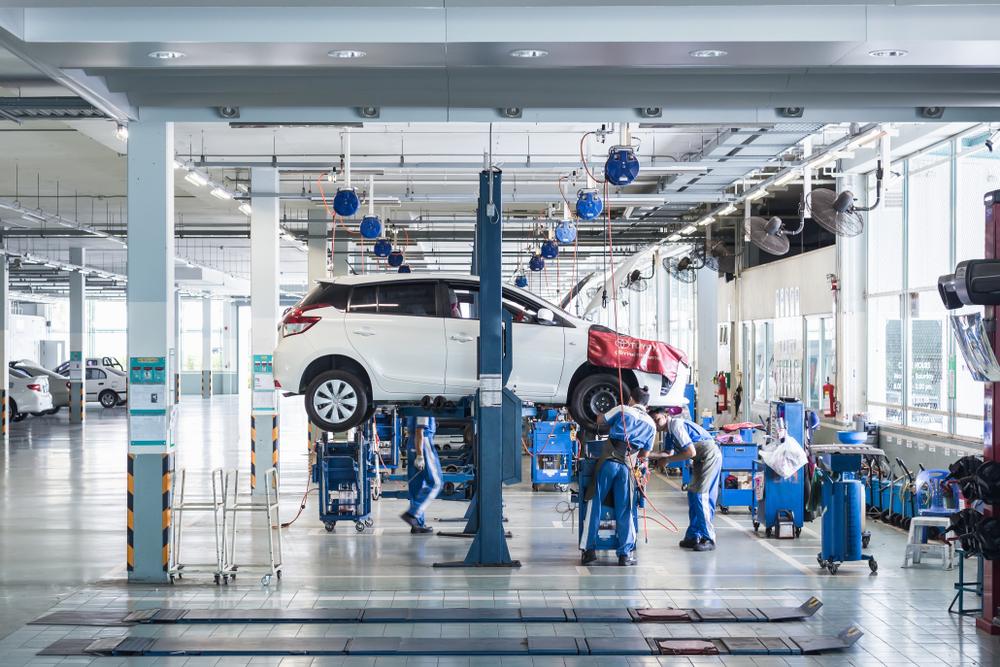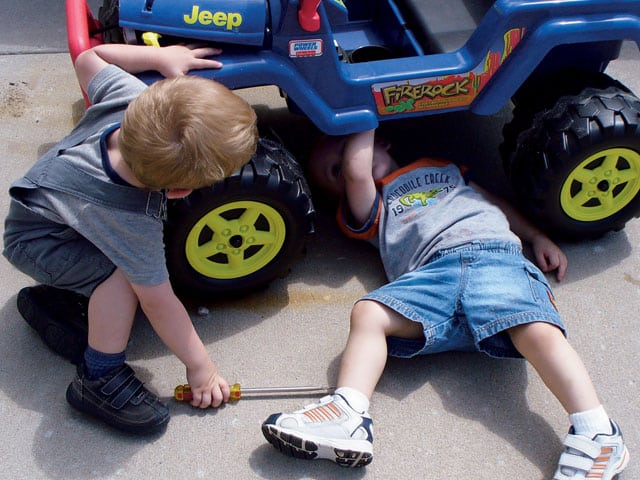Whether you’re a newbie in the garage or an accomplished wrench slinger, working on your car is a great hobby. It can also save you a ton of money since you won’t have to make a trip to your local mechanic for basic repairs and maintenance. However, it’s not a hobby you should try to tackle without a bit of preparation, though. Here are eight things you need to work on your own car.
1. Hand Tools
The best place to start, when you’re collecting things to support your automotive hobby, is hand tools. You may have most of these in your garage already that you use around the house. That’s perfect — you don’t have to buy a whole new set just for working in the garage. They’re fully capable of pulling double duty. Make sure you have:
- A set of sockets and at least one ratchet
- A set of wrenches
- Screwdrivers
- Pliers and wirecutters
- Allen keys
- Star (torque) bits
- Various hammers and mallets
- A pry bar
- A breaker bar
- A torque wrench
This is a very general list, and you will run into specialty tools you will need for specific jobs, but you won’t get anything done without having these basic tools on hand.
2. Power Tools
If you’re going to start getting into bigger projects, or want to make your job a little bit easier, consider investing in power tools. An impact wrench and matching sockets can make breaking those recalcitrant bolts loose that much easier, and prevent you from busting your knuckles.
You’ve got two options when it comes to power tools for your home garage — pneumatic or electric. If you opt for pneumatic or air-powered tools, you’ll need to invest in a good air compressor to power them.
3. A Safe Place to Work
Working on the street or even on your driveway isn’t always the safest option, especially if you’re under the car. Make sure you have a safe place to work on your project car, such as a garage or carport. If you’re going to work in the garage, don’t park the car under your garage door. They have safety sensors that prevent them from closing on you, but if one of those fails or a part breaks, the door could come crashing down on you. Stay inside the garage or pull the car completely out onto the driveway.
4. A Jack
Your car probably came with a scissor jack to change a flat tire. While these work in a pinch, they’re a pain in the butt if you’re raising and lowering your car repeatedly. Invest in a good hydraulic jack that’s rated for your vehicle’s weight. If you’re working on a lot of different cars, opt for a jack on the higher end of the weight scale.
5. Jack Stands or Ramps
If you’re going to be under your car, don’t leave it up on the jack. It’s not stable, and if someone bumps the car, it could fall off the jack and turn you into chunky salsa. Invest in a set of jack stands or ramps to keep your car off the ground without relying only on the jack.
6. Lighting
Working on your car is a lot easier if you can see what you’re doing. Make sure you have sufficient lighting in your garage or workspace. This will likely include overhead lighting and portable options such as lamps or flashlights you can use to get into those nooks and crannies.
7. A Manual
If you’re just getting started in the garage, looking under the hood can be intimidating — especially if you’ve got a newer car. Instead of panicking, invest in a Haynes manual or other resource for your year, make and model. This will walk you through most of the common repairs and replacements, and make you a little more confident when you dive under the hood.
8. Plenty of Patience
Finally, you need to be patient, especially when you’re starting out as a mechanic. This isn’t something you’re going to learn overnight. You’re going to make mistakes, and you will occassionally have to call your more experienced buddies for help. It’s just part of the learning process!
Start Your Work Today
Now that you know what you need to start working on your own car, what are you waiting for? Start slinging wrenches!


